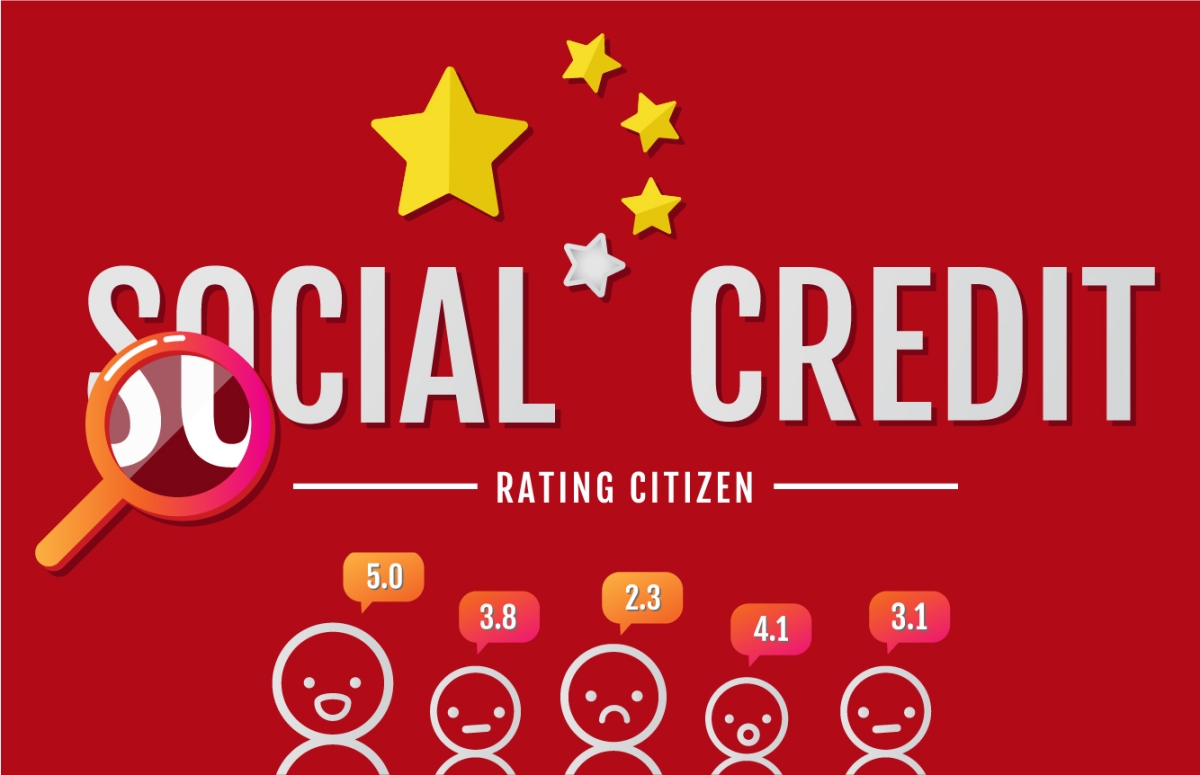A hot potato: Critics of the controversial social system argue that it doesn't take personal circumstances into account, thus unfairly labeling some as untrustworthy. Others view it as a violation of basic human rights. Proponents see it as a way to keep citizens in line, encouraging good behavior while punishing troublemakers.
China's attempt to strong-arm its inhabitants into behaving as model citizens is already having an impact, for better or for worse.
According to the National Public Credit Information Centre's 2018 annual report (via South China Morning Post), approximately 17.46 million people were prohibited from buying plane tickets while 5.47 million were met with road blocks when trying to purchase high-speed train tickets last year. Others were banned from buying premium insurance, real estate and wealth management products as a result of their "untrustworthy conduct."
More than 3.59 million Chinese businesses were also dinged for shady behavior, preventing them from accessing security markets, participating in land auctions, bidding on projects and more.
On the flip side, pressure from the social credit system encouraged 3.51 million individuals to repay debts or pay off taxes and fines last year.
Authorities behind the credit system collected more than 14.21 million pieces of information on individuals and businesses, ranging from failing to repay loans and taking reserved seats on trains to acting out in hospitals and misleading consumers with false advertising.
Lead image courtesy TotallyMJ via Shutterstock
